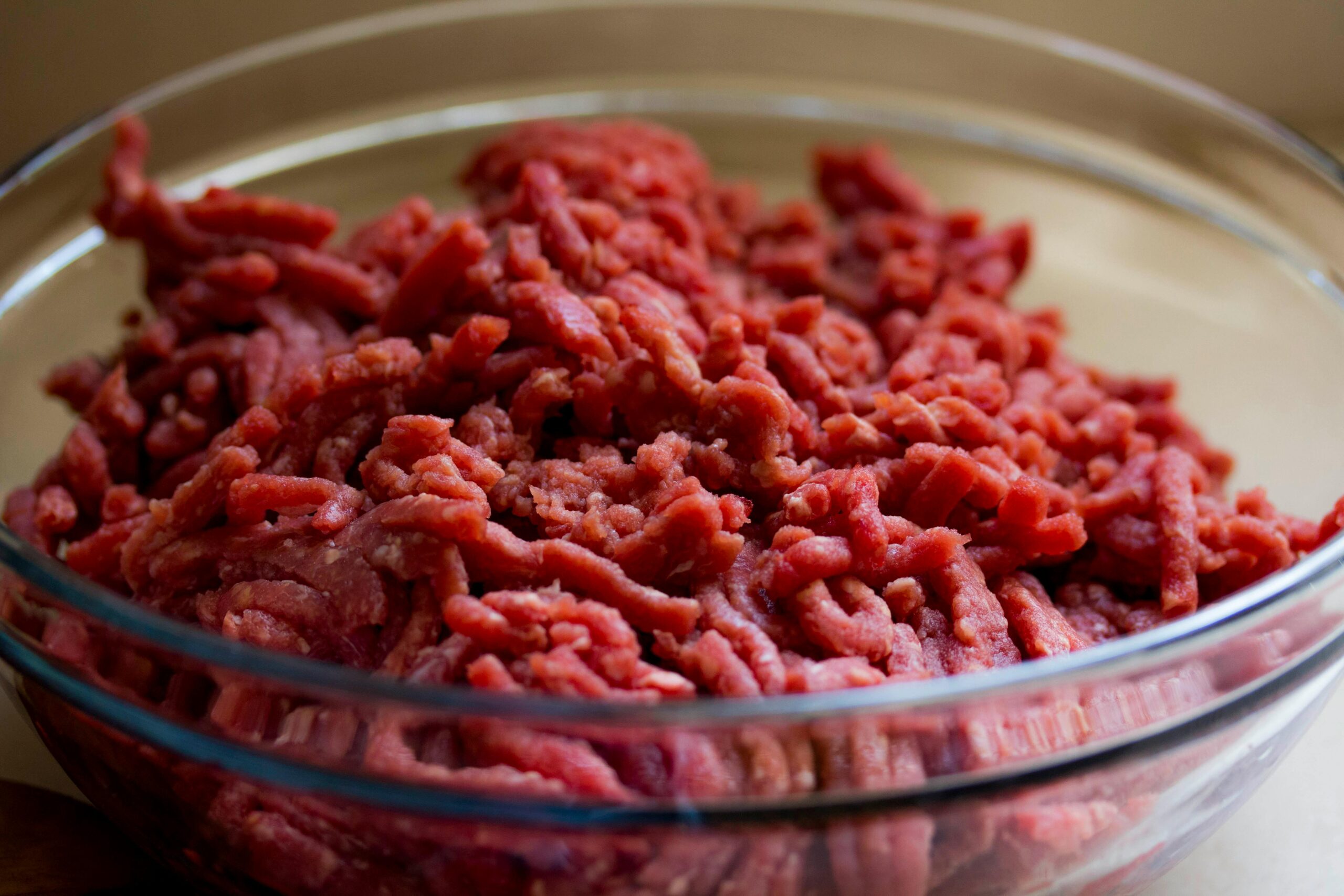In their most recent legislative sessions, nine states – Alabama, Arizona, Florida, Kentucky, Michigan, New York, Pennsylvania, Tennessee, and Texas – considered legislation banning the manufacture, sale, or distribution of cell-cultured meat. Florida and Alabama both passed the legislation, and their governors signed it into law. In Kentucky, New York, Tennessee, and Texas the proposed bills did not make it out of committee before the session ended. Arizona’s bill made it further with HB2121 passing in the House of Representatives but failing in the Senate. The Pennsylvania and Michigan bills, whose legislative sessions are ongoing, were introduced following the passage of the Alabama and Florida bills and are each being considered in committee.
Florida
On May 1, 2024, Florida became the first state in the U.S. to ban cell-cultured meat. SB1084, an appropriations bill with a number of agriculture-related measures, included a provision outlawing the manufacturing for sale, selling, holding or offering for sale, or distribution of “cultivated meat.” The Florida law defines cultivated meat as “any meat or food product produced from cultured animal cells.” The violation of this law is deemed a misdemeanor of the second degree and a food establishment which violates the law will be subject to disciplinary actions. Additionally, a restaurant, store, or other business may have its license suspended if the owner or an employee is convicted of violating this law in connection with that business. The law does not ban research conducted on the production of cultivated meat. The law went into effect on July 1, 2024.
Alabama
Similarly, on May 7, 2024, Alabama Governor Kay Ivey signed SB23 into law. This law prohibits the manufacturing, selling, holding or offering for sale, or distribution of any cultivated food product in Alabama. The law defines a cultivated food product as any food product produced from cultured animal cells. A violation of this law is considered a Class C misdemeanor, and establishments found to be in violation could have its food safety permit suspended. The law does not prohibit research of cultivated food products by a “federal, state, or local governmental entity or institution of higher education, or a person that is partnered with a governmental entity or institution of higher education.” SB23 goes into effect on October 1, 2024.
Lawsuit against Florida
On August 12, 2024, UPSIDE Foods, Inc. filed a complaint in the U.S. District Court for the Northern District of Florida challenging Florida’s ban on cell-cultured meat. UPSIDE is a California company that produces cultivated meat products grown from animal cells. UPSIDE was the first manufacturer of cell-cultured meat or poultry authorized by the U.S. Department of Agriculture (USDA) and the Food and Drug Administration (FDA), who share the regulatory authority over cell-cultured meat, to sell its product in the U.S.
In this complaint, UPSIDE argues that Florida’s cell-cultured meat ban is unconstitutional because it violates both the Supremacy Clause and the Commerce Clause of the U.S. Constitution. The complaint alleges that the Supremacy Clause, which gives priority to the Constitution and federal laws over any conflicting state laws, is violated because Florida’s ban is preempted by federal laws regulating meat and poultry products. Further, UPSIDE argues that the Commerce Clause, which grants Congress the authority to regulate commerce among the states, is violated by Florida’s ban because it discriminates against out-of-state producers of cultivated meat and benefits the interests of Florida’s agricultural industry. So far this is the only legal challenge brought against Florida’s cell-cultured meat ban, and no challenge has been made against Alabama’s. However, that might change when the Alabama law goes into effect on October 1, 2024.
Stone, Emily. “Cell Cultured Meat.” Southern Ag Today 4(37.5). September 13, 2024. Permalink

